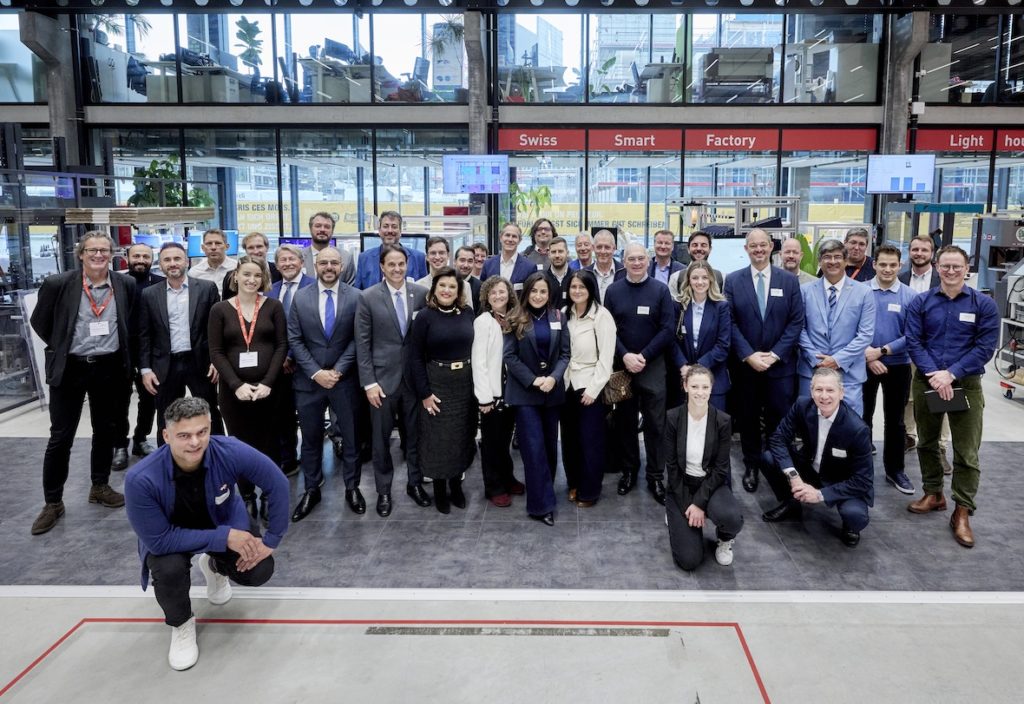
Switzerland tops IMD’s 2025 Digital Competitiveness Ranking
10 November 2025
 Switzerland ranks first in IMD’s 2025 World Digital Competitiveness Ranking, ahead of the United States and Singapore. | © IMD
Switzerland ranks first in IMD’s 2025 World Digital Competitiveness Ranking, ahead of the United States and Singapore. | © IMD
Despite growing global trade tensions, Switzerland maintains its leadership in digital competitiveness, ahead of the US and Singapore.
Switzerland leads the 2025 IMD World Digital Competitiveness Ranking (WDCR), confirming its status as one of the world’s most advanced digital economies. The annual ranking, published by the Lausanne-based Institute for Management Development (IMD), assesses 69 economies based on their ability to adopt and explore digital technologies for economic and social transformation.
Switzerland ranks first, followed by the United States and Singapore. Its performance reflects continued strength in digital infrastructure, education, and innovation ecosystems. However, IMD experts warn that growing trade fragmentation and shifting regulatory landscapes could threaten this lead in the coming years.
“Digitally speaking, Switzerland has experienced two important developments so far this year: the cataclysmic effects of tariff changes and the approval of e-ID by a razor-thin margin (50.4% in favor),” said Arturo Bris, Director of IMD’s World Competitiveness Center (WCC). “It’s clear that the Swiss aren’t as prepared as we might have hoped to embrace the challenges of technology today.”
Trade fragmentation and AI reshaping digital competitiveness
According to IMD, trade tensions are increasingly encroaching on data flows, technical standards, and investment priorities, factors that are shaping digital competitiveness worldwide. Economies most shielded from these disruptions, such as Qatar, have improved their rankings, while others more exposed to global trade volatility, including Australia, have declined.
The 2025 WDCR identifies three key pressures reshaping competitiveness: uneven investment in digital infrastructure, reduced mobility of international talent, and divergent regulatory frameworks. IMD analysts stress that regulatory clarity has become a decisive factor for countries seeking to integrate emerging technologies such as artificial intelligence.
Four cross-sector trends stand out this year: infrastructure-intensive industries outperform expectations, knowledge-based sectors underdeliver, venture capital remains scarce, and governance frameworks show uneven results.
As AI becomes central to global digital performance, the WCC has incorporated new metrics into the 2025 WDCR, including data on AI-related patents and private investment in the field.
Switzerland’s continued leadership demonstrates the resilience of its innovation-driven economy but also underscores the importance of remaining agile amid geopolitical uncertainty.

